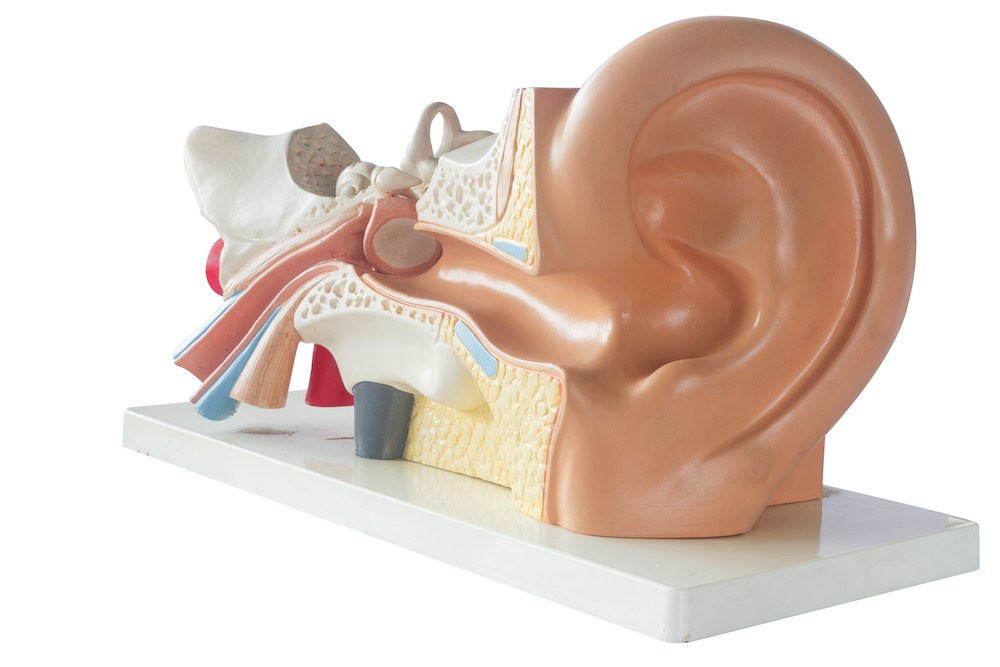How Hearing Care Professionals Address Patient Concerns
When you have questions or worries about your hearing, finding a


When you have questions or worries about your hearing, finding a

When children can’t hear clearly in the classroom, they’re not

Telehealth has become a normal part of healthcare for many people,